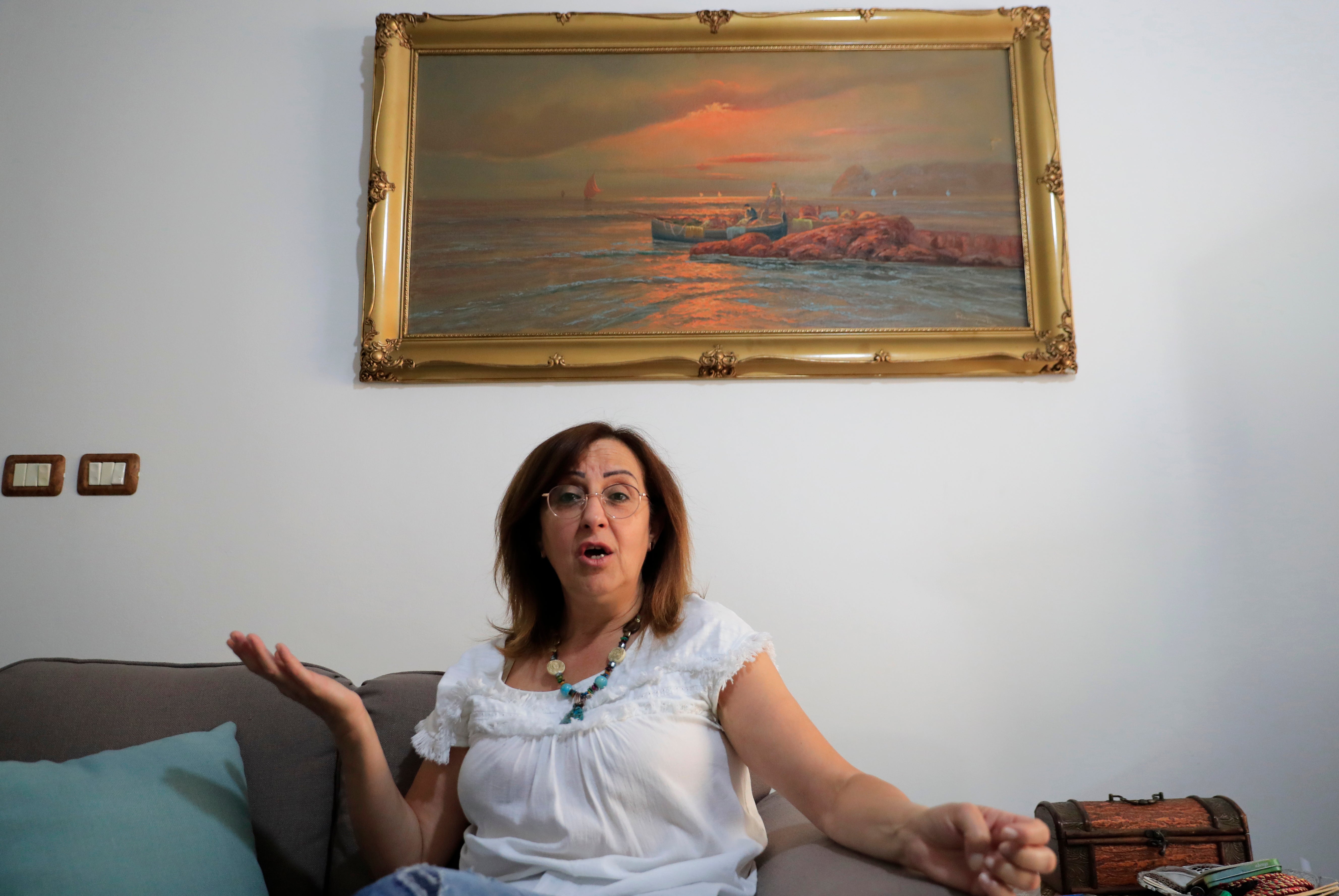In Lebanon, a search for medicine and a stranger's help
To all the struggles of life in Lebanon — the pandemic, power outages, inflation, financial and political crises — add one more: shortages of crucial medications

To all the struggles of life in Lebanon — the pandemic, the power outages, the inflation, the punishing financial and political crises — add one more: shortages of crucial medications.
But as residents struggle to find the medicines they need, some are finding that their fellow Lebanese are doing what they can to help.
Christiane Massoud, a 41-year-old nurse, scoured pharmacies for an elusive drug to manage her Crohn's disease had friends around the country search on her behalf and asked her doctor if there was a substitute. She also appealed to strangers online for pointers to track it down.
Nada Waked responded to one of those online pleas: She had a small amount that her mom no longer needed. Massoud offered to pay; Waked and her mom declined the money. Instead, Waked asked for a prayer.
In this bleak landscape, Massoud found in Waked’s gesture a bright spot.
“It showed that we are a people who stand by one another and feel for one another,” she said. “There are still people who help each other out.”
As the country's crises deepened, pharmacist Chadi Geha said he noticed more were eager to help strangers. Some of his customers started refusing to take back change, asking him instead to use the cash to pay for the medications of others in need.
“That didn’t happen before,” he said. “You feel like there’s still good in the world. ... They don’t even want to know who they’re helping; they just care about helping.”
But money or no money, Geha has had to turn away many customers as more medications became unavailable, shortages that had been exacerbated by panic buying and by some suppliers holding on to the drugs. The difference between the official and black-market dollar rates has also fueled smuggling of subsidized drugs out of the country.
In late May, Lebanon’s central bank said it could not continue with its subsidies of medical items without dipping into the mandatory reserves, hard currency deposits parked by local lenders at the bank, and asked authorities to find a solution.
Geha started closing the pharmacy early. “I’m tired of telling people we’re out of this and out of that.”
Frantic pleas for tracking down medications abound on LibanTroc, the Facebook group where Massoud and Waked connected. Members point some to organizations who may have the drugs or to pharmacies they know carry them.
“We’ve seen amazing interaction and a lot of good deeds that keep us from working on migrating elsewhere, as we’re still trying to fix whatever remains of our wounded roots,” said Hala Dahrouge, founder of LibanTroc, which has evolved into a nongovernmental organization facilitating different kinds of assistance and requests.
Massoud thinks of others who may not know how to navigate social media like she did to find medications. She’s thinking of moving her family out of the country, but amid the despair of life in Lebanon, she takes heart from the ways, small and big, in which many are helping strangers.
Waked said that even though she has no extra means to help others financially, she still wanted to offer a little relief.
“I know very well that if you give from the heart, God will provide for you whenever you are in need,” she said. “I gave from the heart.”
___
Associated Press writer Bassem Mroue in Beirut contributed.
___
“One Good Thing” is a series that highlights individuals or groups whose actions provide glimmers of joy in hard times — stories of those who find a way to make a difference, no matter how small. Read the stories at https://apnews.com/hub/one-good-thing
___
Associated Press religion coverage receives support from the Lilly Endowment through The Conversation U.S. The AP is solely responsible for this content.
Bookmark popover
Removed from bookmarks